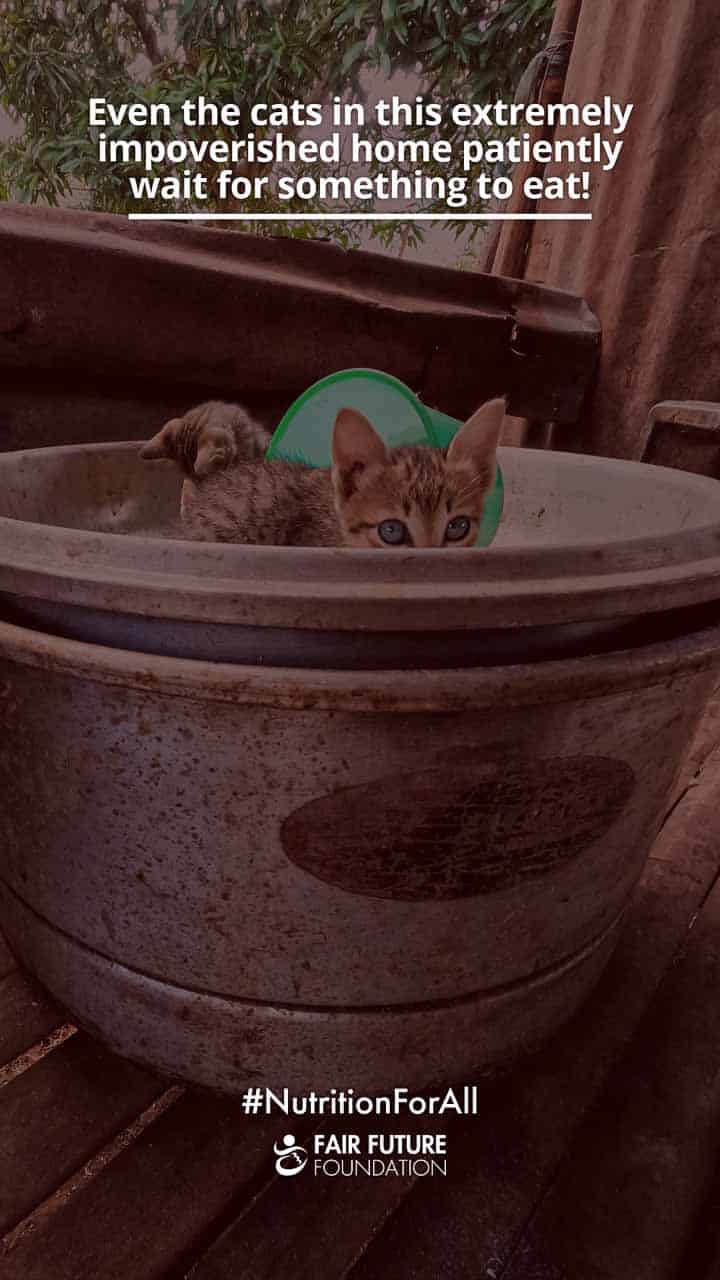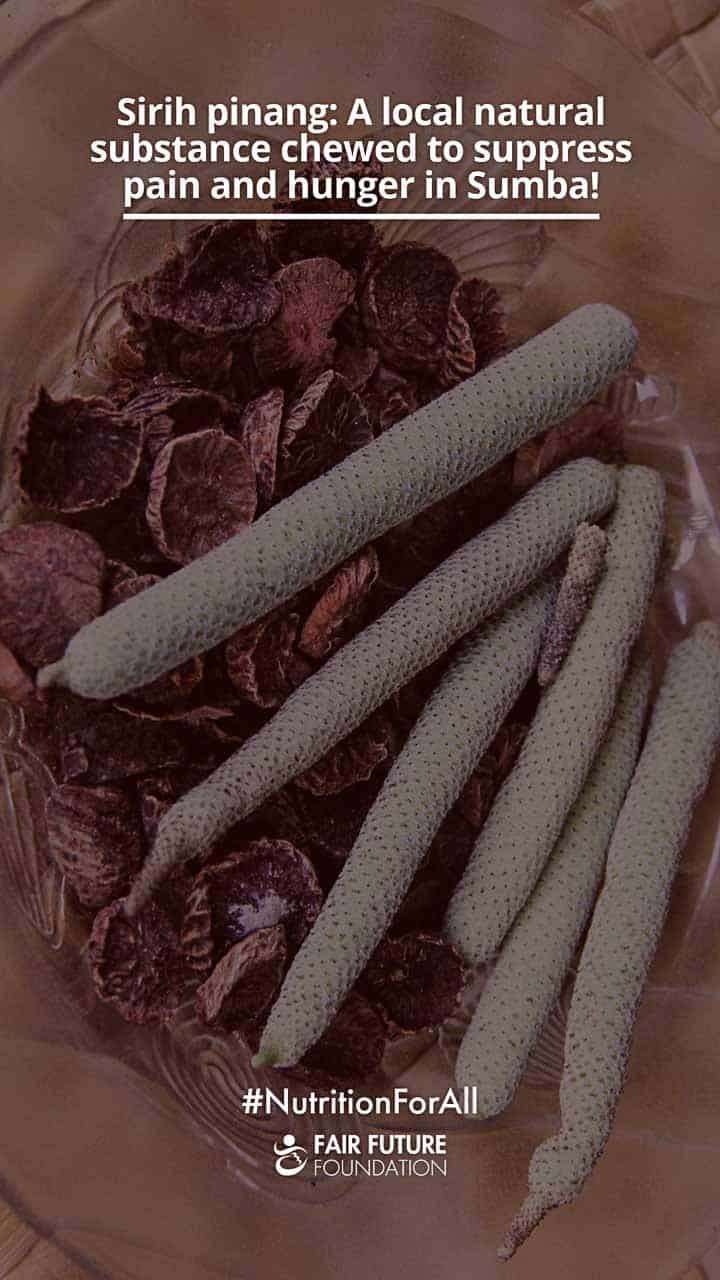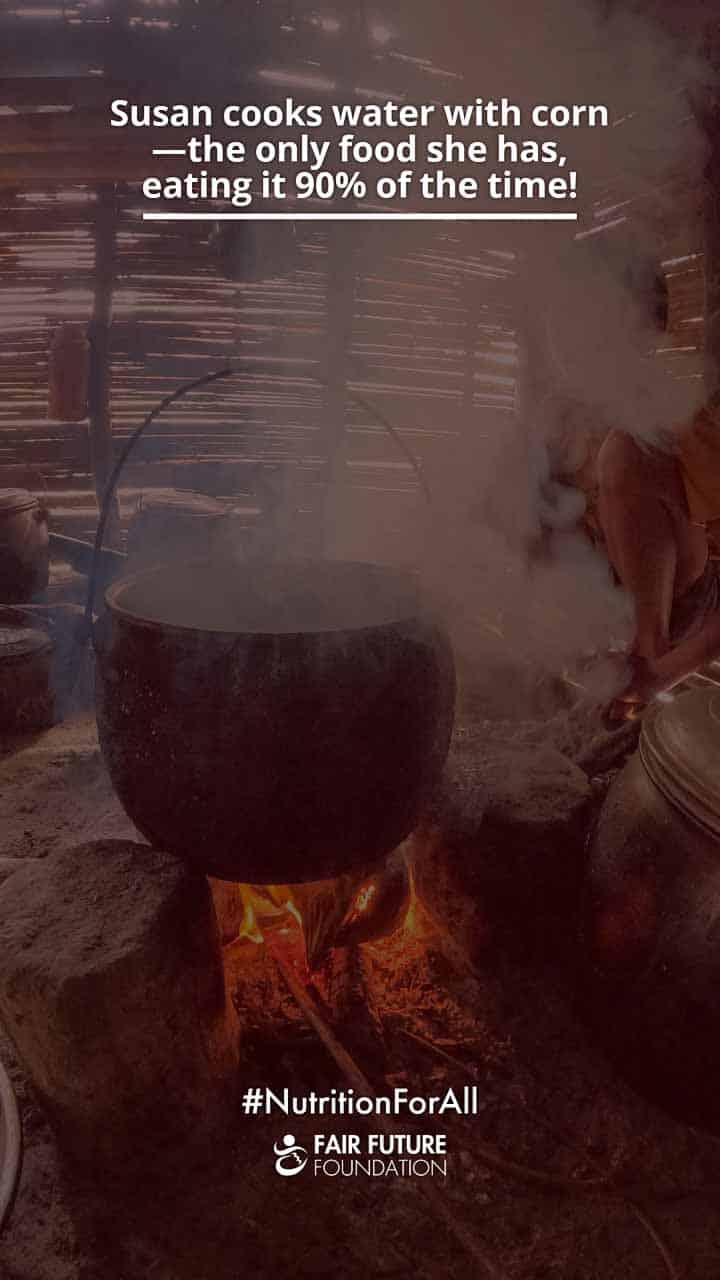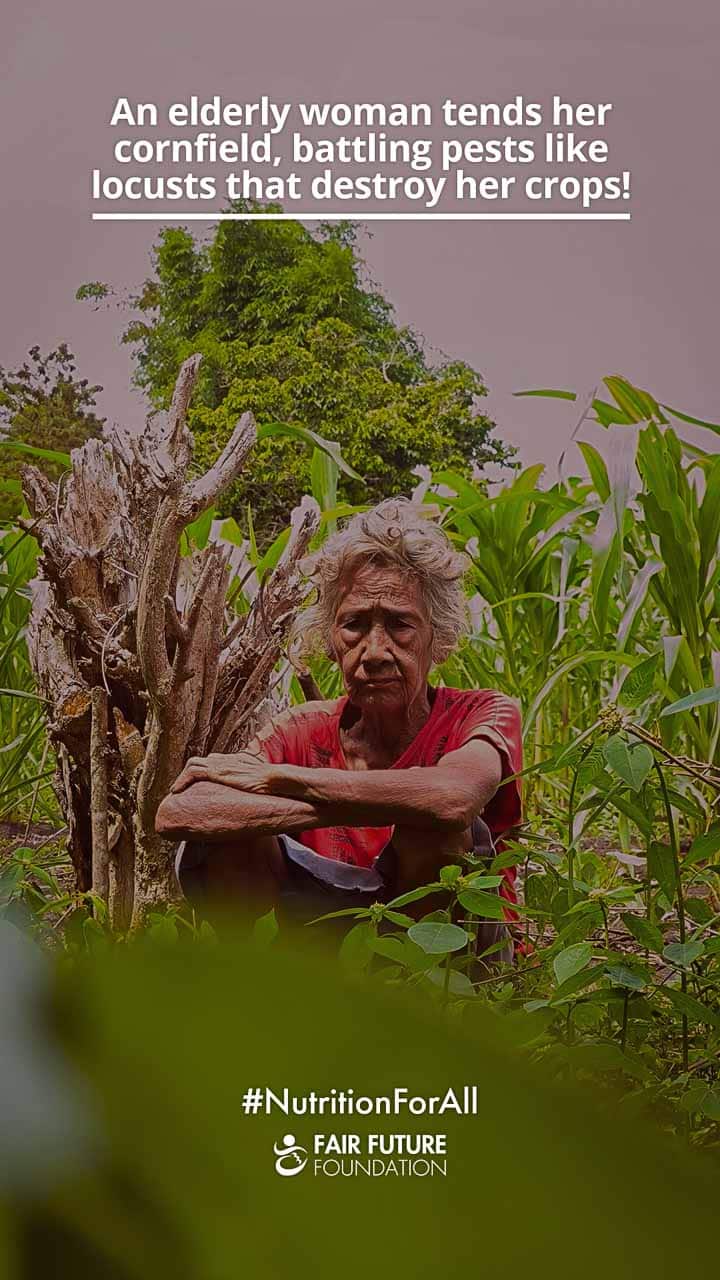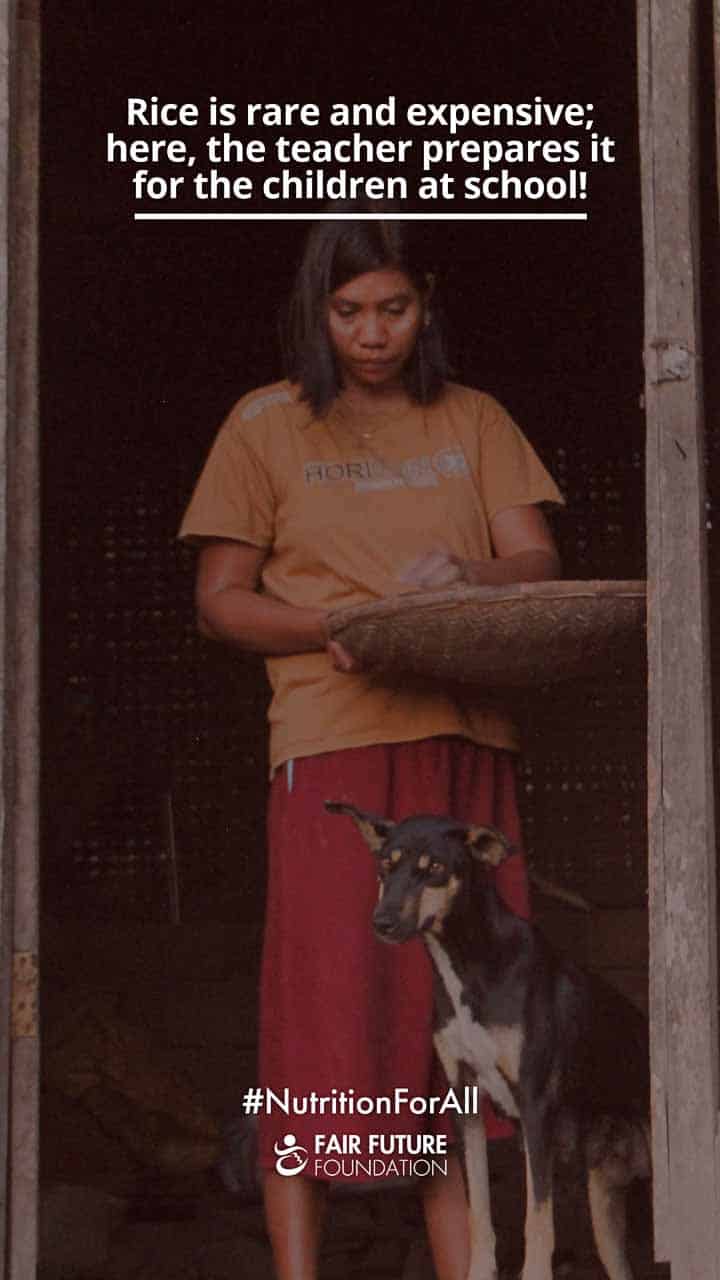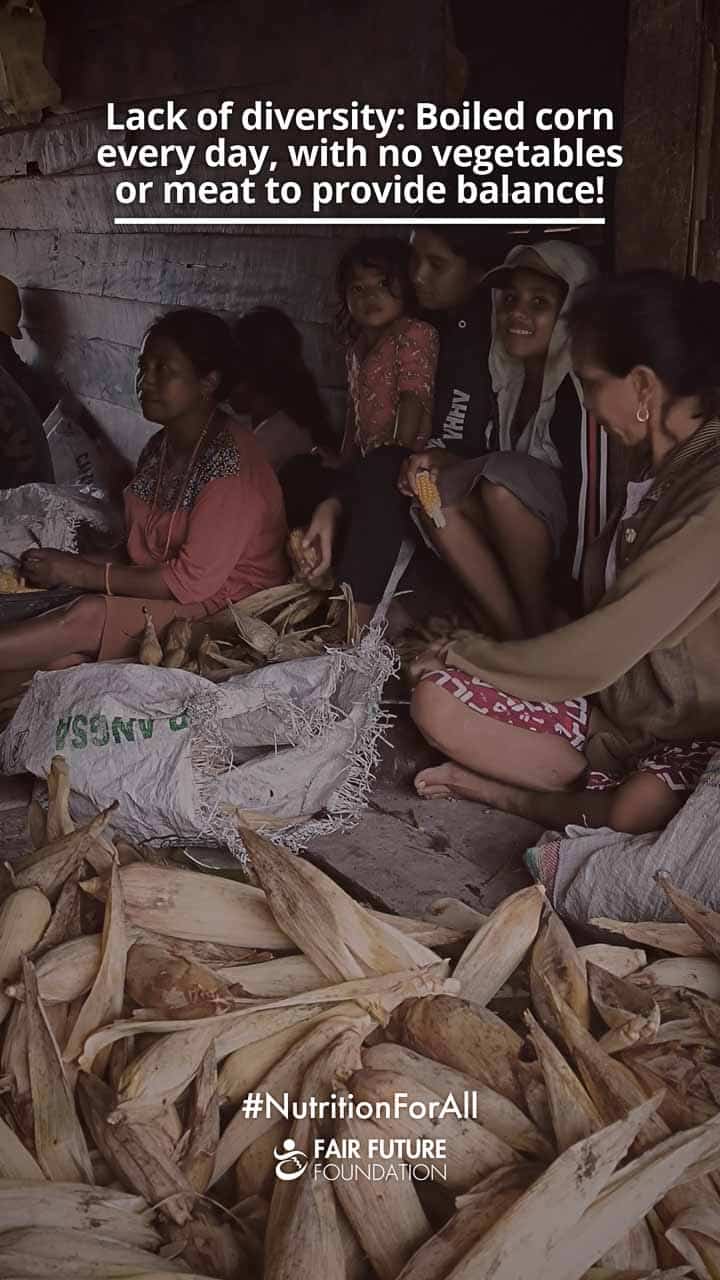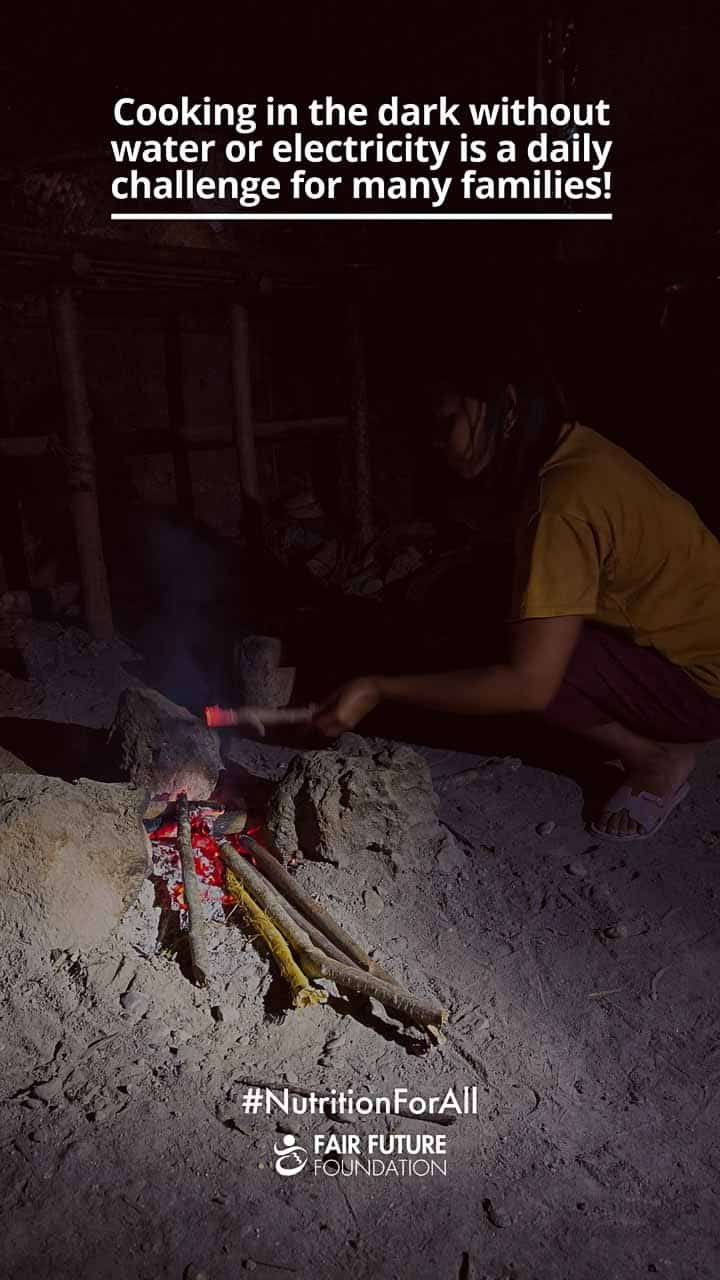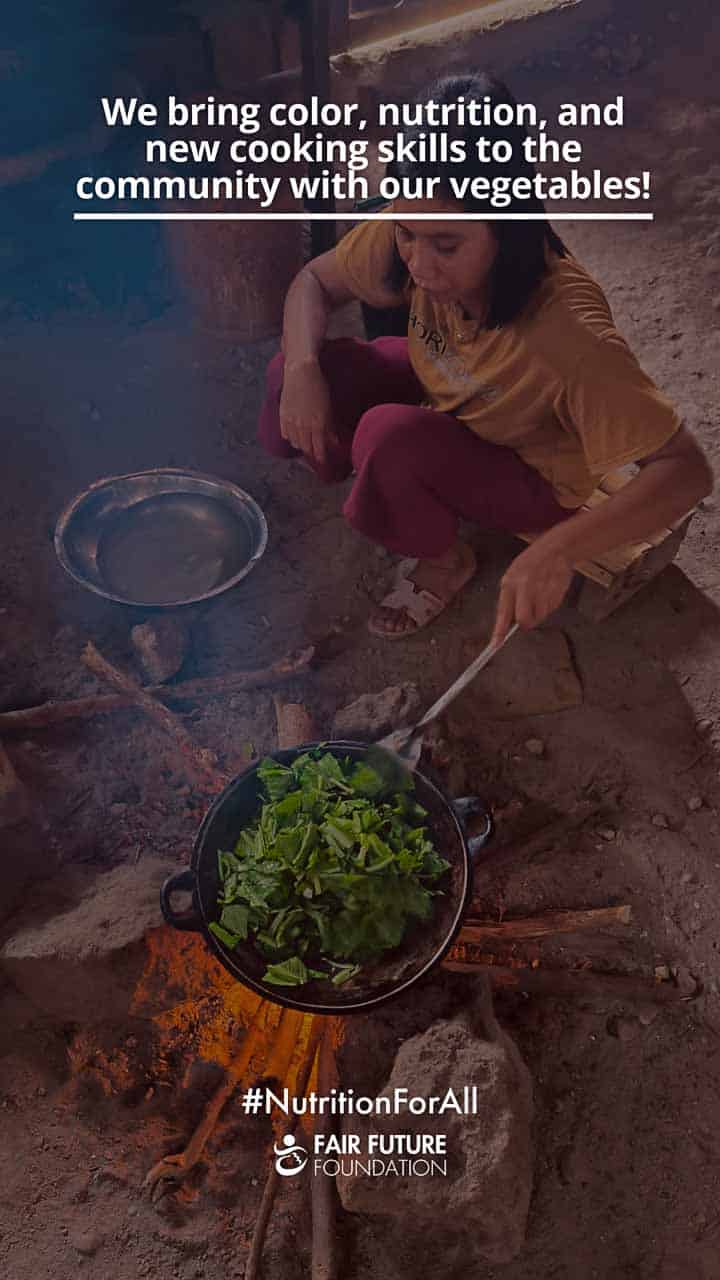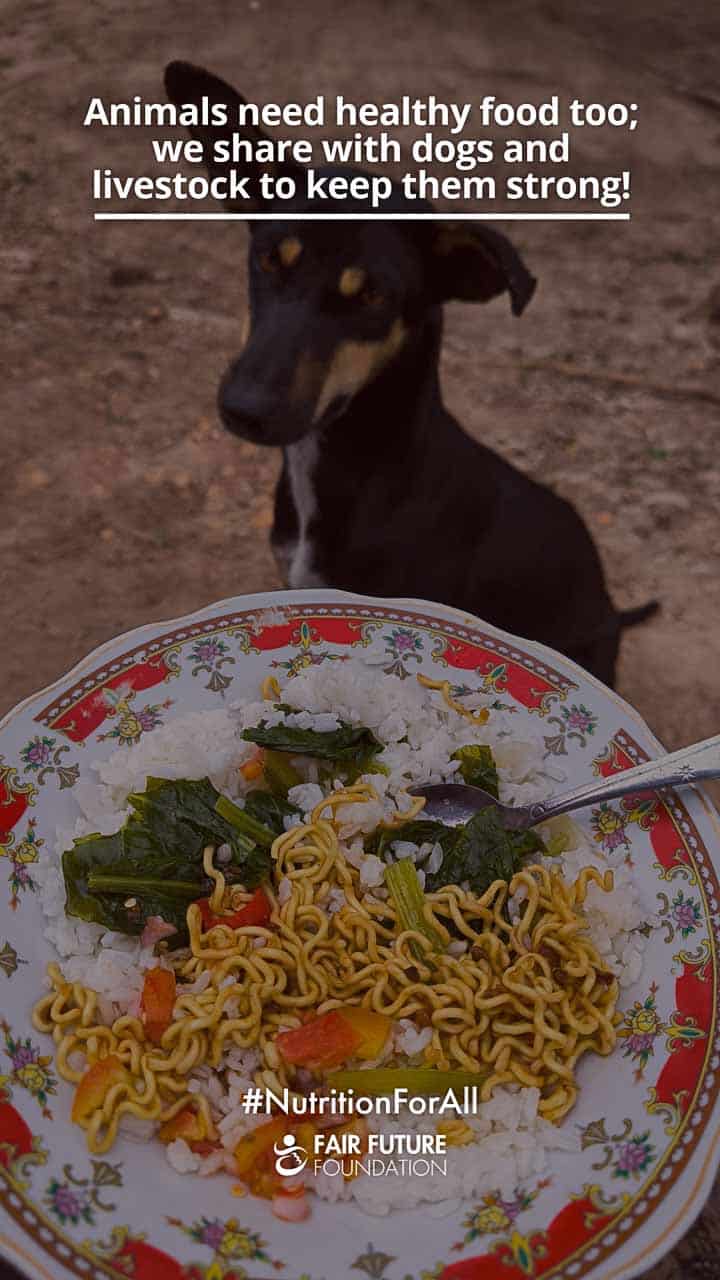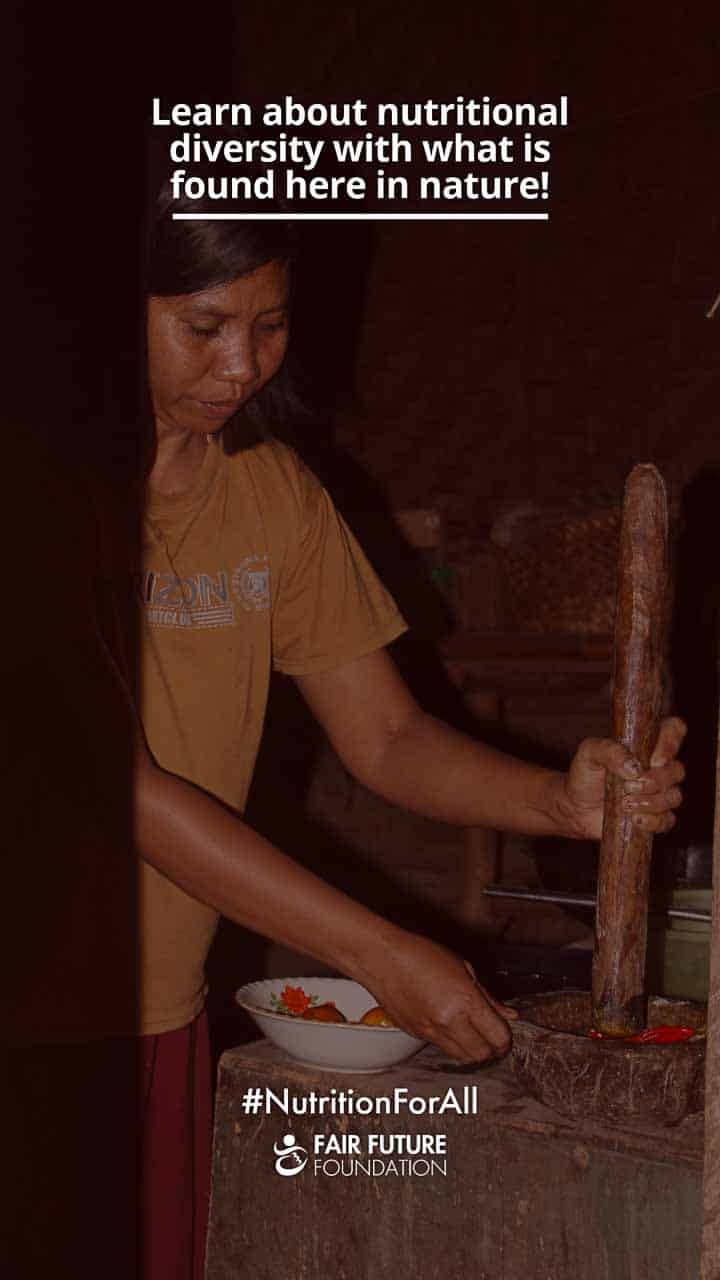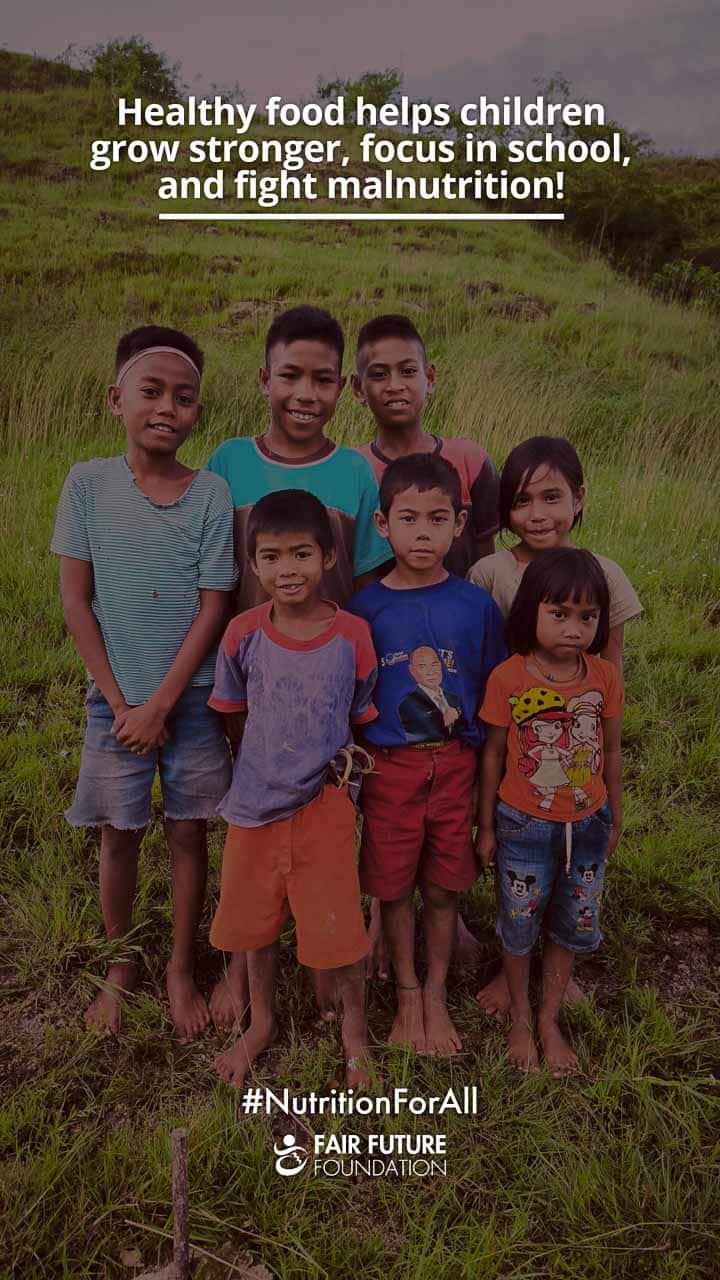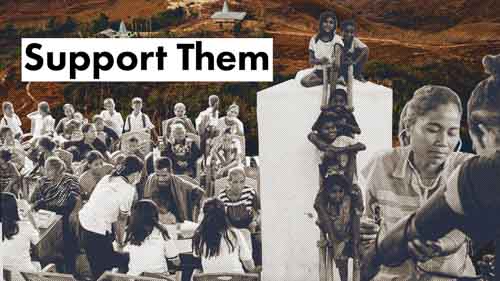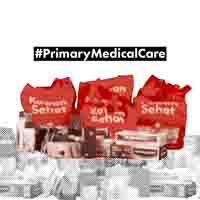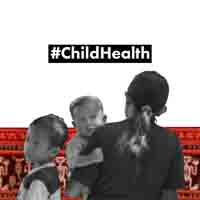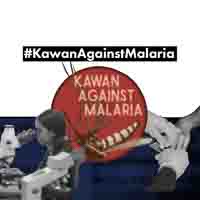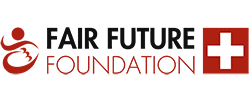How Fair Future programs transform child health and combat malnutrition in rural communities through sustainable food and education.
Empowering Families in Rural Areas to Improve Child Nutrition and Health Through Education, Balanced Diets, and Sustainable Food Practices.
In the highly rural areas where we operate, child malnutrition is a daily problem that starts from birth. Nutritious food, a fundamental right for all, remains an unachievable luxury in these communities. As a result, children end up consuming inadequate and unbalanced meals, which significantly impact their physical and mental health. If we do not take action, this deprivation will persist and affect them throughout their lives.
The Fair Future Foundation is dedicated to changing this situation by implementing food programs that make a real difference. We spend significant time in villages, collaborating with families and teaching them how to prepare nutritious meals using local resources, including under-consumed foods like green vegetables, fruits, and eggs. Our interventions are temporary measures and a steadfast commitment to addressing chronic malnutrition.
For example, consider Susan, a young girl whose primary diet is maize. In these communities, maize is a crucial source of nutrition and is often boiled daily without the addition of other essential food groups such as vegetables or meat. Without adequate nutrition, women spend their days preparing this staple crop in challenging conditions without resources such as water and electricity, often in the dark. However, our assistance introduces innovative techniques enabling them to prepare more balanced meals successfully.
“Improving child health and nutrition in rural areas is not just about providing food—it’s about creating sustainable change. We work alongside families, ensuring their children have the strength and health to thrive.” – Alex Wettstein, CEO & Founder, Fair Future Foundation
The lack of dietary variety is a significant concern in these communities. Due to limited resources, they often cannot cultivate anything other than maize. Additionally, their crops are frequently destroyed by pests such as locusts, further worsening the situation. Rice, a rare and expensive staple, also remains out of reach for them most of the time. Therefore, preparing rice for school children with vegetables, meat, and milk becomes a memorable event, providing them access to healthy food, which is exceedingly rare in their daily meals.
Providing sustainable solutions for families trapped in a cycle of nutritional deprivation remains our top priority due to the challenge posed by limited access to protein. When available, chickens and goats are excellent protein sources through their eggs, milk, and meat. However, they are often exchanged for clean water, which is considered even more valuable. People may also use them to pay for school, cigarettes, or gas for their scooters if they are fortunate enough to own one.
Our efforts have produced remarkable results. Children’s academic performance has significantly improved due to the availability of a diversified and healthy diet, which results in increased concentration and energy levels. Their well-being is visibly improved through enhanced growth patterns, reduced illness, and greater resilience when travelling to school.
Our goal extends beyond this point. We are committed to persevering in the struggle for the well-being of the children who are fighting to survive, so that one day they can thrive to their full potential. Every small step we take toward progress within these communities brings us closer to our goal of creating a resilient and empowered generation with greater endurance and vitality.



